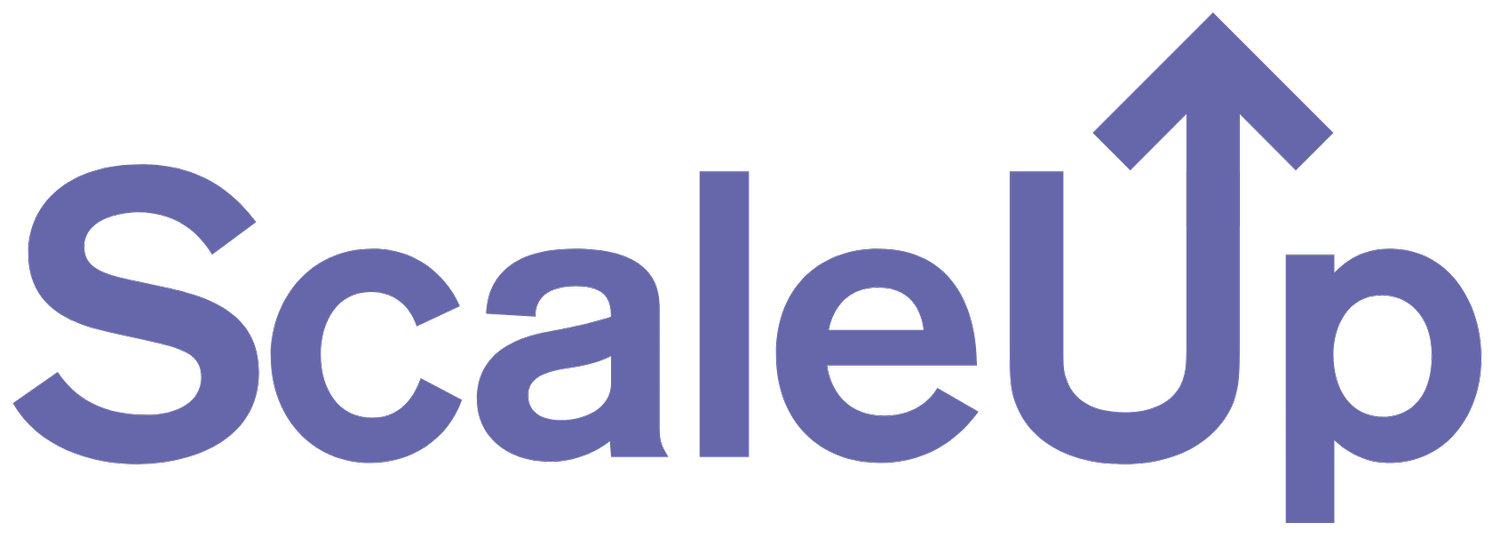Best Project Management Software for Small Businesses: 2025 Price Guide & Feature Comparison (U.S.)
Finding the best project management software for your small business isn’t just about features - it is about transparent pricing and selecting the right tool for your specific workflow. From all-in-one platforms to lightweight task trackers, this 2025 guide breaks down pricing, features, and best-fit tools for different small business types in the U.S.
Whether you're a freelancer managing client projects, a retail shop coordinating vendors, or a service-based business with remote teams, this guide will help you choose software that keeps your business organized without breaking the bank.
New to project management software? Start with our Ultimate Guide to Project Management Software for Businesses (2025 Edition) to understand the basics before diving into specific tools.
Feature Comparison
| Business Type | Recommended Tool | Key Features | Pricing (Starting) | Why It’s the Best Fit |
|---|---|---|---|---|
| Freelancers / Solo Consultants | Paymo | Time tracking, invoicing, task management | Free plan; Paid from $5.95/mo | Perfect for billing clients and managing deliverables solo |
| Agencies / Marketing Teams | Teamwork | Client portals, time tracking, project templates | Free for small teams; Paid from $5.99/user/mo | Ideal for agencies needing client collaboration |
| Remote or Hybrid Teams | ClickUp | All-in-one tasks, docs, goal tracking, automation | Free forever; Paid from $7/user/mo | Great for distributed teams needing automation and docs |
| Retail / Brick & Mortar | ProofHub | Flat pricing, unlimited users, simple task management | $45/month flat fee | Predictable cost structure, no per-user fees |
| Creative / Design Studios | Freedcamp | Collaboration boards, simple task lists | Free plan; Paid from $1.49/user/mo | Affordable, simple interface for visual work |
| Enterprise-Level Small Business | Wrike | Enterprise security, advanced reporting | Free basic plan; Paid from $9.80/user/mo | Scales well as your business grows |
Pricing Models Explained
Just like payment processors, project management software has a few common pricing approaches:
Per-User Monthly Fee: Pay per active user (common for ClickUp, Teamwork, Wrike).
Flat-Rate Pricing: One fixed fee for unlimited users (ProofHub, great for predictability).
Freemium Model: Start free with limited features and upgrade as you scale (Paymo, Freedcamp).
Feature Highlights to Look For
Task & Project Tracking: Boards, lists, Gantt charts.
Collaboration Tools: Messaging, file sharing, and comments.
Reporting & Analytics: Visual dashboards and performance metrics.
Workflow Automation: Reduce repetitive work (ClickUp and Wrike excel here).
Client-Facing Portals: Essential for agencies (Teamwork’s standout feature).
Pricing Transparency: Flat-rate vs per-user vs hybrid models.
How to Choose the Right Software
Under 5 Users? Start with Paymo or Freedcamp for cost efficiency.
Client-Facing Work? Choose Teamwork for its dedicated portals and billing features.
Remote Teams? Opt for ClickUp for automation and built-in documentation.
Growing Teams with Security Needs? Consider Wrike for advanced compliance and reporting.
Want to see how these tools stack up side by side? Read our ClickUp vs Teamwork vs Wrike: Which Project Management Tool Fits Your Business Best? (2025 Review).
Tips for Keeping Costs Down
Start Free: Most tools have free plans to test before committing.
Pay Annually: Save up to 20% on subscription fees.
Check for Nonprofit or Startup Discounts: Some vendors (e.g., Teamwork, Wrike) offer reduced rates.
ScaleUp Tip
The best project management software for your small business is one that matches your workflow, budget, and growth goals. Whether you need simple task tracking or advanced automation, there’s a platform designed to fit your needs.
Next Steps:
Explore Project Management Software Comparison by Business Type: Best Features & Use Cases (2025 Guide)
Check out ClickUp vs Asana: Which Project Management Tool Is Right for Your Business? (2025 Review)
Learn how to evaluate features in Project Management Software vs Task Management Tools: What’s the Difference and Which Does Your Business Need?


